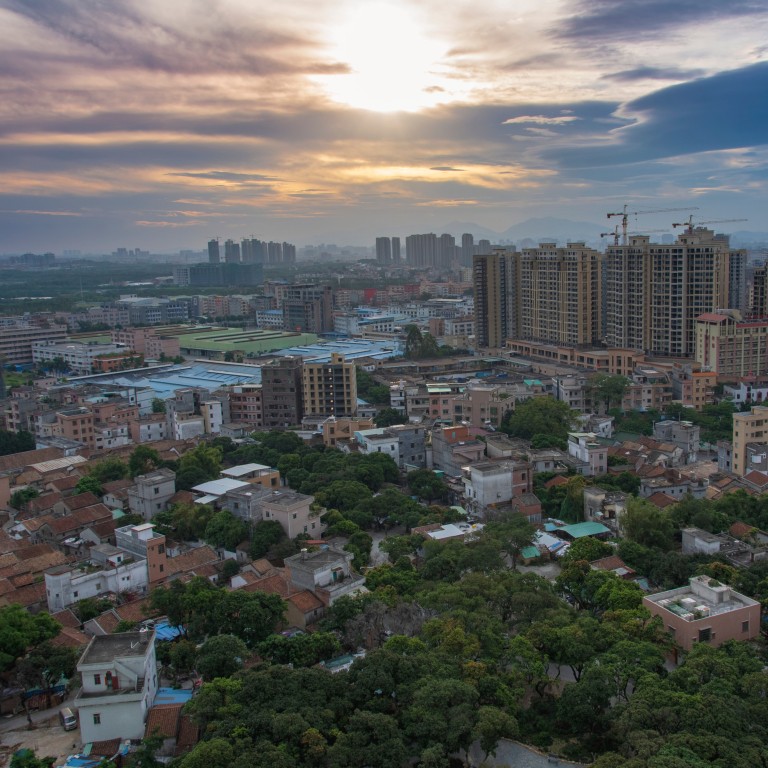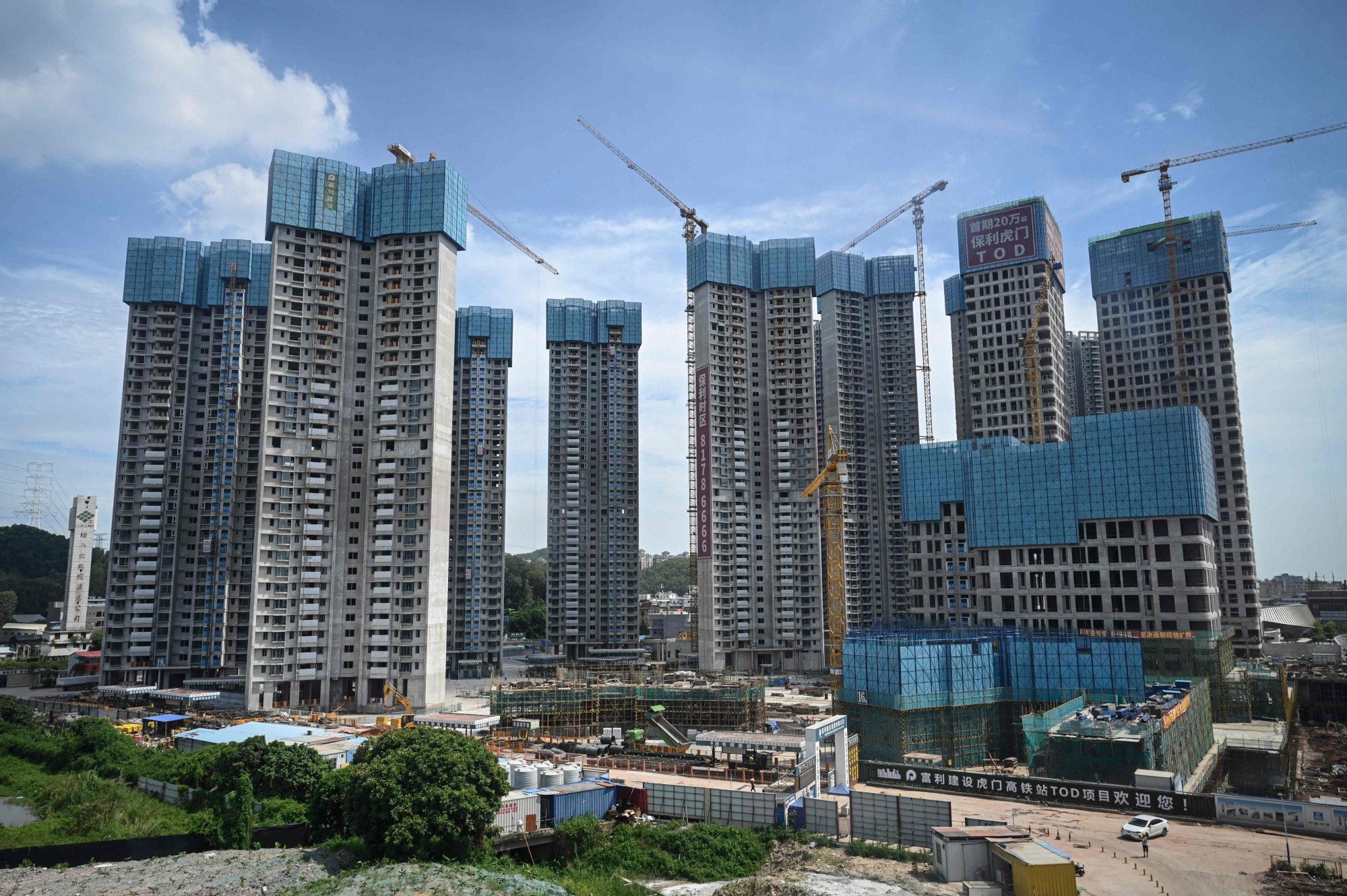
China’s hi-tech manufacturing hub Dongguan lifts property-buying restrictions to stimulate demand
- Sales at Dongguan’s top 20 developers in the first 11 months sank 34.5 per cent year on year to 90.56 billion yuan (US$13 billion)
- City lifts home-buying curbs in the last five remaining neighbourhoods, but maintains restrictions on resales for two years to dampen speculation
At the same time, the local government tightened measures on property resales in a bid to dampen speculation. Homes in these five localities – Guancheng, Dongcheng, Nancheng, Wanjiang and Songshan Lake Hi-Tech Industry Development Zone – cannot be sold within two years of buying.
The property market in Dongguan, which is home to 10.47 million people and some 200,000 manufacturers, has seen rapid growth over the last few years thanks to its burgeoning hi-tech industries. Samsung, Philips, DuPont, Nestle and Huawei Technologies are among the big names with facilities in the city.

In 2020, the city’s home price gains topped the entire country. Prices surged 29 per cent year on year, followed closely by a 23 per cent jump in Shenzhen, according to a housing index compiled by the research unit of the Chinese Academy of Social Sciences.
But Dongguan’s home market has slumped this year. The sales of the city’s top 20 developers in the first 11 months sank 34.5 per cent year on year to 90.56 billion yuan (US$13 billion), while volume dropped 37.2 per cent to 2.96 million square metres (31.9 million sq ft), according to data from property research firm CRIC.
The city’s average home price in November was 29,096 yuan per square metre, 18.5 per cent lower than the same period last year, according to data from CRIC.
“The move shows regulatory policies have moved into a new phase to save [China’s property sector] from [further] downwards pressure,” said Yan Yuejin, director of Shanghai-based E-house China Research and Development Institute.
Previously, the stringent measures imposed by many mainland Chinese cities on home purchases have had an adverse impact on the market’s recovery, Yan said.
Multinational factories make Dongguan the ideal bay area manufacturing hub
And although many tier-2 cities have rolled out several rounds of loosening measures, some come with strings attached. Yan cited the example of Nanjing. Just a week ago the city loosened home-buying restrictions, but buyers still need to submit a document to prove they have been living in the city for at least six months.
In 2022, some 39 major cities in China lowered thresholds on home purchases, ranging from lower down payments to reduced mortgage rates, to attract more homebuyers, according to CRIC.
The percentage of citizens wanting to buy a home fell to 16.1 per cent in the fourth quarter from 17.1 per cent in the third quarter, according to a survey released by the People’s Bank of China on Tuesday. Meanwhile, the percentage of people wanting to save money rose to 61.8 per cent from 58.1 per cent in the same time frame, the survey found.
Other Chinese cities can follow Dongguan’s example to ease property-buying curbs and further revive the sector, Yan said.
He expected the policy easing to boost home sales in Dongguan in January, but China’s overall housing market was only likely to recover after March, considering the state of economy.

